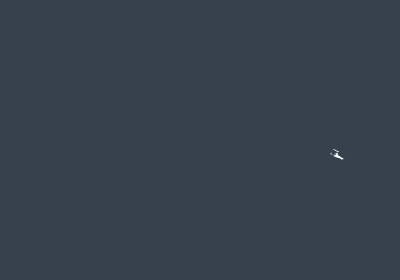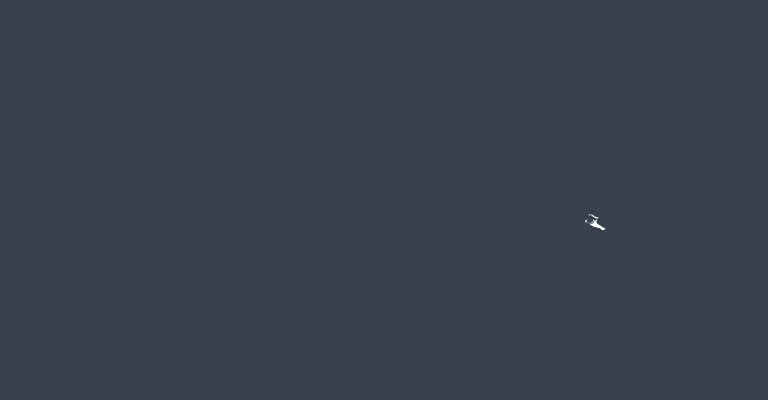
Kiribati
| PR Political Rights | 36 40 |
| CL Civil Liberties | 53 60 |


Kiribati is a multiparty democracy that holds regular elections and has experienced peaceful transfers of power between competing groups. Civil liberties are generally upheld, though outstanding problems include a ban on same-sex sexual activity, some forms of gender discrimination, and recent pressure on judicial independence.
- Free and fair legislative elections were held in August, with President Taneti Maamau’s Tobwaan Kiribati Party (TKP) capturing 33 of the 44 elected seats. The opposition Boutokaan Kiribati Moa (BKM) took 8 seats, and independents accounted for the remainder. Five women were among those elected, a record high.
- In October, Maamau was reelected for a third term as president after an unusual process in which all of the four candidates initially nominated by the legislature belonged to the TKP, meaning there was no representative of the opposition. One of the four dropped out, and another, Kaotitaake Kokoria, broke away from the TKP to mount an independent challenge late in the race. Maamau ultimately took 55 percent of the vote, and Kokoria attracted 42 percent.
- A long-running judicial crisis continued during the year, with High Court judge David Lambourne—the Australian-born husband of a leading opposition politician—forced to leave the country in May. The legislature had voted in April to remove him from office, after a special tribunal established by the government alleged that he had failed to deliver decisions in a timely fashion. A United Nations special rapporteur stated that the process had violated international standards and failed to provide Lambourne with a fair hearing. His appeal was argued before a panel of judges in December, and a decision was pending at year’s end. The government’s repeated attempts to oust Lambourne, beginning in 2020, had led to a series of other judicial suspensions, vacancies, and growing case backlogs.
This report has been abridged for Freedom in the World 2025 due to ongoing budget constraints. Freedom in the World is entirely funded by nongovernmental sources such as private foundations, corporations, and individuals like you. Please consider making a donation to support future editions of this vital resource.
For additional background information, see last year’s full report.
| Was the current head of government or other chief national authority elected through free and fair elections? | 3.003 4.004 |
Score Change: The score declined from 4 to 3 because the newly elected parliament, in a departure from precedent, only nominated candidates affiliated with the ruling party to run for president, though one candidate ultimately defected to the opposition and unsuccessfully challenged incumbent President Taneti Maamau.
| Were the current national legislative representatives elected through free and fair elections? | 4.004 4.004 |
| Are the electoral laws and framework fair, and are they implemented impartially by the relevant election management bodies? | 4.004 4.004 |
| Do the people have the right to organize in different political parties or other competitive political groupings of their choice, and is the system free of undue obstacles to the rise and fall of these competing parties or groupings? | 4.004 4.004 |
| Is there a realistic opportunity for the opposition to increase its support or gain power through elections? | 4.004 4.004 |
| Are the people’s political choices free from domination by forces that are external to the political sphere, or by political forces that employ extrapolitical means? | 4.004 4.004 |
| Do various segments of the population (including ethnic, racial, religious, gender, LGBT+, and other relevant groups) have full political rights and electoral opportunities? | 3.003 4.004 |
| Do the freely elected head of government and national legislative representatives determine the policies of the government? | 4.004 4.004 |
| Are safeguards against official corruption strong and effective? | 3.003 4.004 |
| Does the government operate with openness and transparency? | 3.003 4.004 |
| Are there free and independent media? | 4.004 4.004 |
| Are individuals free to practice and express their religious faith or nonbelief in public and private? | 4.004 4.004 |
| Is there academic freedom, and is the educational system free from extensive political indoctrination? | 4.004 4.004 |
| Are individuals free to express their personal views on political or other sensitive topics without fear of surveillance or retribution? | 4.004 4.004 |
| Is there freedom of assembly? | 4.004 4.004 |
| Is there freedom for nongovernmental organizations, particularly those that are engaged in human rights– and governance-related work? | 4.004 4.004 |
| Is there freedom for trade unions and similar professional or labor organizations? | 4.004 4.004 |
| Is there an independent judiciary? | 2.002 4.004 |
| Does due process prevail in civil and criminal matters? | 3.003 4.004 |
| Is there protection from the illegitimate use of physical force and freedom from war and insurgencies? | 4.004 4.004 |
| Do laws, policies, and practices guarantee equal treatment of various segments of the population? | 3.003 4.004 |
| Do individuals enjoy freedom of movement, including the ability to change their place of residence, employment, or education? | 4.004 4.004 |
| Are individuals able to exercise the right to own property and establish private businesses without undue interference from state or nonstate actors? | 3.003 4.004 |
| Do individuals enjoy personal social freedoms, including choice of marriage partner and size of family, protection from domestic violence, and control over appearance? | 3.003 4.004 |
| Do individuals enjoy equality of opportunity and freedom from economic exploitation? | 3.003 4.004 |

Country Facts
-
Population
131,232 -
Global Freedom Score
89 100 free
